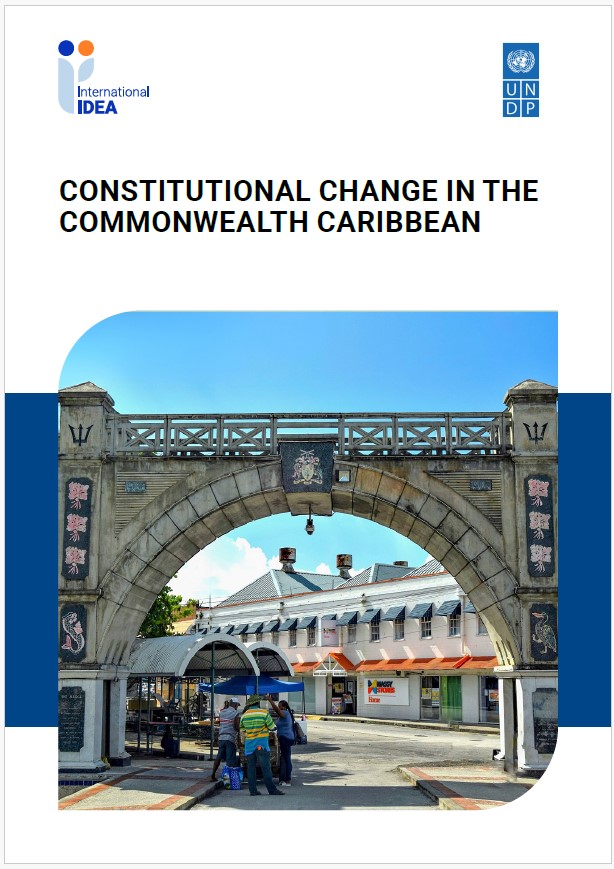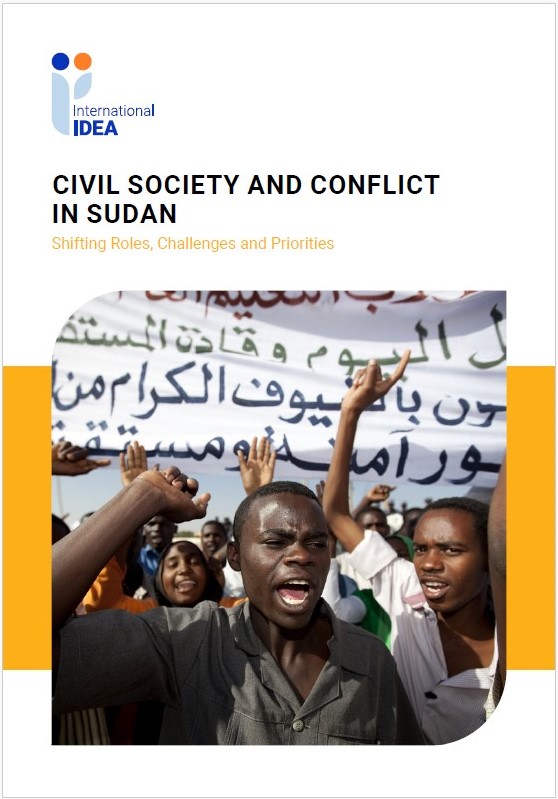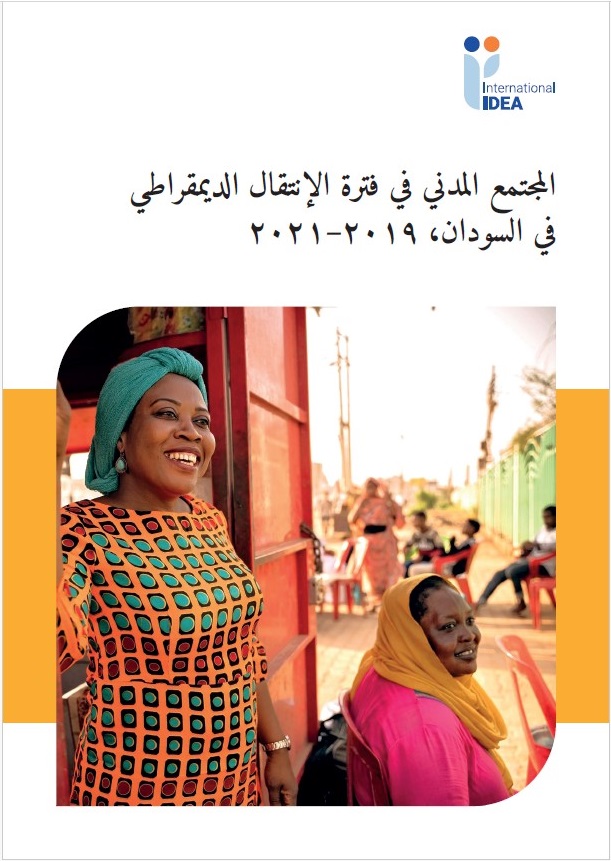On 6-8 April 2016, International IDEA conducted a three-day training on the State of Democracy assessment framework to a broad variety of government and civil society organizations in Thimpu, Bhutan.
Search
Region
Country
Type
On 1–2 December 2015, International IDEA’s Democracy and Development team hosted a workshop, ‘Democracy Assistance and Results Management: From upward accountability and control to ownership and learning’.
TUNIS, TUNISIA – International IDEA will launch Democratic Transitions: Conversations with World Leaders (available in Arabic, French and English) at 18:00 on 25 April 2016 at the Golden Tulip Gammarth Hotel.
International IDEA is hosting a three-day conference on, ‘Constitution building and constitutionalism in transitional and post-conflict situations’[agenda, concept note]
The Organization of American States (OAS) is the oldest regional intergovernmental institution in the Americas, having held periodic meetings of various states since 1889.
The OAS was formalized through the adoption of a charter in the post-World War II period. Since its inception, it has been dedicated to ensuring peace, security and democracy in the region.
STOCKHOLM, 19 April 2016 – Today, Brazil joined International IDEA, bringing the total number of Member States in the organization to 29. At the Council meeting held in Stockholm today, Member States welcomed the membership of Brazil, represented by Marcos Vinicius Pinta Gama, Ambassador of Brazil to Sweden.
Post-conflict democratization has always been regarded as an ordeal, and democracy-building in the South Caucasus countries is no exception.
The countries of the region—Armenia, Azerbaijan and Georgia—are telling examples of the fact that elections are insufficient for the establishment of democracy.
In a ceremony held at Chile's National Museum of History, 11 April, President Michelle Bachelet passed a Law for the Strengthening and Transparency of Democracy (Law No. 20900), and a Law to Strengthen the Public and Democratic Nature of Political Parties and Facilitate their Streamlining (Law No. 20915).
These two laws supplement five other laws, and together they all make up the Probity Agenda. These five laws are as follows:
The conflict that engulfed Côte d’Ivoire in 2002 divided the country for eight years, with the south controlled by the Government and the north by rebel forces.
The violence and divisions in the country were responsible for the reversal of major economic gains that had been made since independence, and the political uncertainties threatened regional stability.
The African Union (AU) has made considerable strides in its efforts towards democracy promotion and peacebuilding since 2000, when it adopted its Constitutive Act.
This Act brought about an interesting paradigm shift away from the doctrine of non-interference to one of paying attention to human rights abuses within its member states.
Over the past two decades, the Organization of American States (OAS) has accumulated a wealth of experience in post-conflict peacebuilding, dialogue promotion and conflict resolution, providing, in turn, invaluable lessons for strengthening democratic systems of governance.
El pasado lunes 11 de abril, en el Museo Histórico Nacional de Chile, la Presidenta de la República, Michelle Bachelet, promulgó las Leyes para el Fortalecimiento y Transparencia de la Democracia (Ley 20900), y la que Fortalece el Carácter Público y Democrático de los Partidos Políticos y Facilita su Modernización (Ley 20915).
Retour sur un processus électoral contesté
Après une longue crise électorale et politique fin 2015, le Président d’Haïti Michel Martelly et les présidents des deux chambres du Parlement sont finalement parvenus à négocier un accord en février 2016, devant permettre la reprise du processus électoral interrompu et le retour sur la voie de la transition démocratique.
Retour sur un processus électoral contesté
Après une longue crise électorale et politique fin 2015, le Président d’Haïti Michel Martelly et les présidents des deux chambres du Parlement sont finalement parvenus à négocier un accord en février 2016, devant permettre la reprise du processus électoral interrompu et le retour sur la voie de la transition démocratique.
De nuevo en un proceso electoral disputado Luego de un convulso fin del año 2015 e inicio del 2016, el presidente de Haití Michel Martelly y los presidentes de ambas cámaras en el Parlamento negociaron un acuerdo dirigido a reanudar el proceso electoral que se vio interrumpido y retomar el camino de la transición democrática.
De nuevo en un proceso electoral disputado Luego de un convulso fin del año 2015 e inicio del 2016, el presidente de Haití Michel Martelly y los presidentes de ambas cámaras en el Parlamento negociaron un acuerdo dirigido a reanudar el proceso electoral que se vio interrumpido y retomar el camino de la transición democrática.
Back on a contested electoral process
Following a tumultuous end of 2015 and start of 2016 Haiti’s President Michel Martelly and the presidents of the two chambers of parliament brokered a deal in February aimed at resuming the interrupted electoral process and return to the path of democratic transition.
Back on a contested electoral process
Following a tumultuous end of 2015 and start of 2016 Haiti’s President Michel Martelly and the presidents of the two chambers of parliament brokered a deal in February aimed at resuming the interrupted electoral process and return to the path of democratic transition.
The paradox of poverty amidst Africa’s abundant natural resource endowment
International IDEA have been working to support the Parliament of Bhutan since 2013. To continue our assistance in building the institutional capacity of the Parliament, International IDEA have deployed a staff member for 4 weeks to mentor the Research Division of the National Assembly (NAB) and National Council of Bhutan (NCB) from 28 March 2016 until 28 April 2016.


